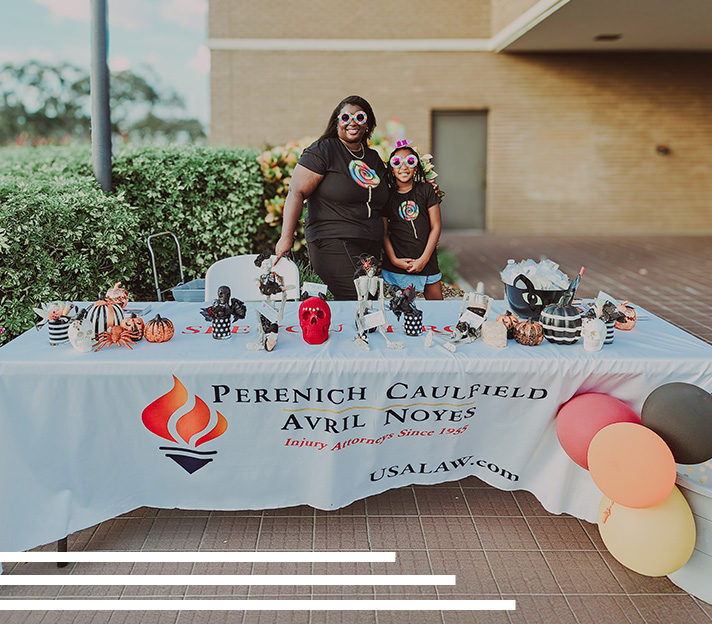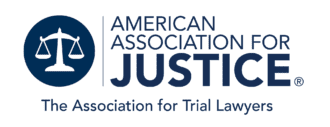Timeline of a Personal Injury Case According to a Personal Injury Lawyer
Accidents happen. When they do, they’re usually somebody’s fault. When they’re somebody’s fault, oftentimes, the fault belongs to the other party, not you. So why should you have to pay the price?
There is no good reason for you to pay the price, and Florida personal injury law aims to see to it that you don’t. Personal injury claims don’t enforce themselves, however. The law only helps those who take the initiative to enforce it. An understanding of the personal injury claims process will help you to effectively enforce your claim.
The Accident
Not very many people get up in the morning and say to themselves, “I think I’ll have an accident today.” Accidents are unexpected. What you do in the immediate aftermath of an accident can exert a strong influence on the ultimate resolution of your claim. Accordingly, take the following steps in the immediate aftermath of the accident, to the extent that you are not too seriously injured to do so:
- Call the police and, if necessary, an ambulance.
- Photograph everything, including everybody involved in the accident, all witnesses, any injuries or property damage, vehicles and license plates, the scene of the accident, drivers’ licenses, insurance information, road construction zones, signage, and anything else that might be relevant.
- Get contact information from any possible witnesses or defendants.
- Take notes about the accident-–anything useful that you might forget later.
If law enforcement at the scene prepares an incident report, ask for a copy of it.
Seek Medical Attention
When it comes to personal injury and medical attention, err on the side of caution. Some injuries are obvious, of course. If you break your leg in a slip and fall accident, you won’t need to wonder if you need medical attention. But if a car hits yours and your head snaps forward, you might not be sure whether you should seek medical attention. Do so, and do so quickly, for both medical and legal reasons.
The defendant or, more likely, the insurance company, is very likely to assert that you injured yourself before or after the accident and that you’re using the accident to seek insurance benefits you’re not entitled to. If you wait for days or even hours after your accident to seek medical treatment, the insurance company can claim that your injury didn’t occur until after the accident. They can also use your delay in seeking treatment to question the severity of your injury.
Talk to a Clearwater Personal Injury Attorney
Get an experienced Clearwater personal injury lawyer involved as soon as you can. If you don’t, you might make an error that could damage your claim (like talking about your case on social media) before you ever talk to a lawyer.
You don’t need to worry that you can’t afford a lawyer; almost any personal injury lawyer will represent a strong claim in exchange for a certain percentage (perhaps 33%) of your eventual compensation. This is known as a contingency fee.
Investigate Your Claim
Once you hire a lawyer, they will perform a preliminary investigation of your claim. They will probably interview you in-depth about the accident as well as your personal medical history. Your lawyer will also try to procure your medical records as soon as possible after they are generated.
Seek Settlement With the Opposing Party
Your lawyer will then seek to settle your claim with the opposing party. The “opposing party” isn’t necessarily the defendant. More likely, your lawyer will be dealing with an insurance adjuster. If the opposing party is a liability insurance company, you can file a third-party claim for compensation against their policy.
Alternatively, your lawyer might seek to open direct settlement negotiations. Let your lawyer do the negotiating for you. You needn’t worry–your lawyer cannot settle your claim without your permission.
File a Lawsuit
To file a lawsuit, you need to file a complaint, pay a fee, and have a third-party process server deliver a copy of the complaint and the court summons to the defendant.
Filing a lawsuit doesn’t necessarily mean you’re going to trial. In fact, most lawsuits don’t result in a trial because you can settle at any time during the litigation process. Filing a lawsuit stops the statute of limitations clock from ticking and gives you access to the pretrial discovery process.
The Pretrial Discovery Process
The pretrial discovery process is a procedure whereby each side can use the authority of the court to collect evidence from the opposing party. They can:
- Question each other’s witnesses out of court (depositions);
- Send the opposing party questions that the other side must answer under oath;
- Examine physical evidence; and
- Copy documents.
Discovery tends to encourage settlement because, at the end of a typical discovery process, the evidence decisively favors one party or the other.
Florida courts require mediation before trial. In mediation, a neutral third party intervenes in your negotiations and tries to help you come to an agreement. The mediator cannot force a settlement, but they will encourage one.
Trial
A trial might last for a few hours or, in rare cases, a few months. It is your chance to question witnesses and present evidence in front of a jury that will decide your claim. Very few cases go to trial because few parties want one. It’s hard to predict what a particular jury will do, making a trial courtroom almost as dangerous as a casino for some parties.
Detour: Florida’s “No-Fault” Auto Insurance System
Florida is one of only about a dozen states that applies a “no-fault” auto insurance system. Every driver must purchase personal injury protection (PIP) no-fault insurance. After a car accident, you typically file a claim with your own PIP insurance. If your injuries are serious as defined by Florida law, however, you can sue the at-fault driver.
Remember that if you don’t seek medical attention within 14 days of your accident, you cannot claim PIP benefits.
Detour: Workers’ Compensation Claims
Workers’ compensation claims bypass the court system. Instead, an administrative bureaucracy handles workers’ compensation claims. You will likely resolve a workers’ compensation claim more quickly than an ordinary personal injury claim, but your compensation will be far more limited.
In most cases, workers’ compensation will pay all of your medical expenses, plus two-thirds of your wages on a bi-weekly basis. There is an upper limit equal to the statewide average weekly wage.
That isn’t very much, especially if you were working for a high salary. Moreover, you cannot receive non-economic damages such as pain and suffering. The good news is that, in most cases, you can win your claim even if the accident was your fault.
Your Chances Are Better if You Hire a Clearwater Personal Injury Lawyer
Under most personal injury scenarios that result in significant injuries, your chances of winning are better if you hire a Clearwater personal injury lawyer. “Winning” doesn’t just mean receiving a settlement. Instead, it means receiving 100 percent of the true value of your claim. Contact us today at (727) 591-3354 to speak to one of our experienced attorneys at Perenich, Caulfield, Avril & Noyes Personal Injury Lawyers
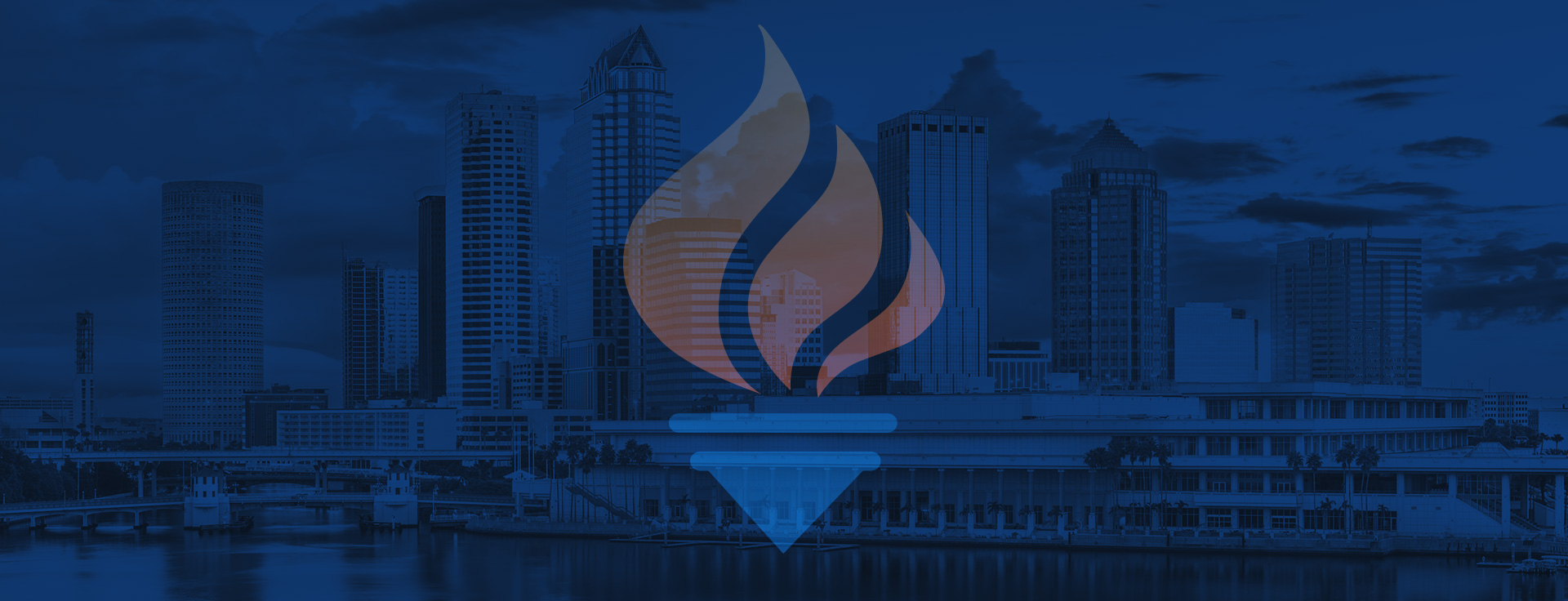
We treat you like family.
If you can’t come to us, we’ll come to you.
Representing Accident Victims in Tampa Bay since 1955
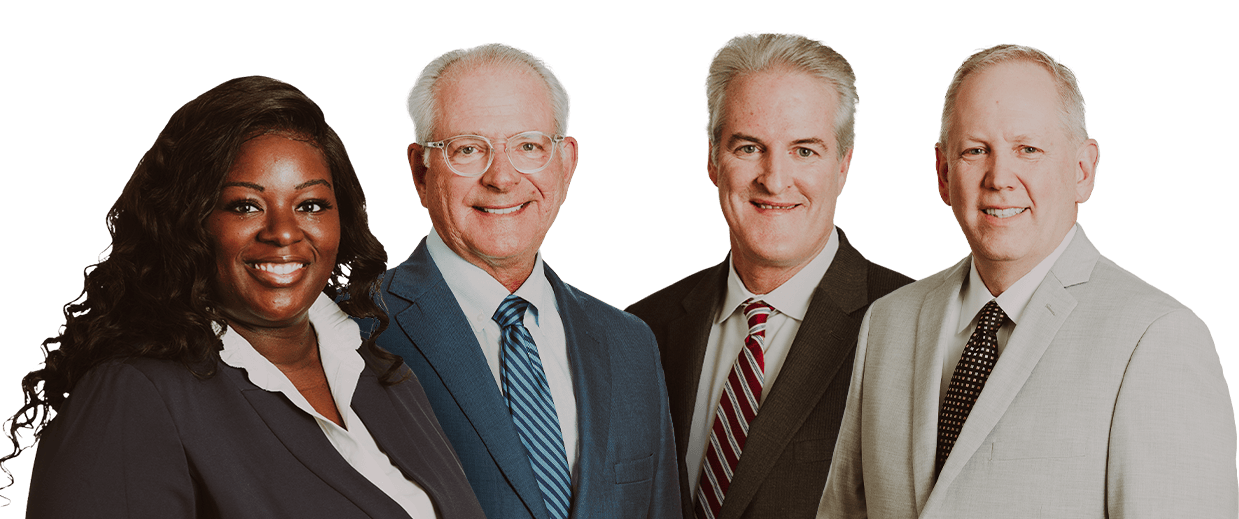


-
“Friendly knowledgeable and kept me informed about my case. Any offer, bill or question was readily answered. Would definitely recommend and refer people to Bryan Caulfield and his team!!”- Betty B.
-
“Mrs Bryant works her butt off to make sure you get what is do to you in medical and beyond! They won’t take your case if they don’t feel you haven’t been wronged.”- Christine R.
-
“Working with Mark Perenich on my auto injury case was an absolute game-changer. From the very beginning, he brought a level of professionalism, expertise, and care that immediately put us at ease.”- Kerry B.
-
“Lorrie and Allyson are phenomenal. I highly recommend them to anyone. It seemed like a never ending journey but I can’t thank them enough for diligently fighting my case with the greatest integrity, support and prayers.”- Former Client
-
“From the first day we met this law group I felt very comfortable and knew we would be well taken care of. This was our first experience filing for SSD, and was not disappointed. The lawyers are awesome and very professional.”- Shari J.
-
“Very nice they worked with you. Never ignored me with my case. Always on top to work with you. Thank you so much for all that you have done to help me! Very highly recommend.”- Margarita O.
-
“My appointed attorney was Jacqueline, Bryant. She is very compassionate about her client and work. When it comes to negotiation, she's a Beast and she gets the job done.”- Alaina J.
-
“What was particularly awe inspiring was the recall of facts and testimonies from medical personnel that Para Legal Ms. Josephine Elizabeth Angelo was able to make. Her memory and acumen for detail was admirable.”- Maylisa Y.
-
“Wonderful, impeccable, personalized, authentic, truthful, honest experience. Rare, real, and human firm.”- Sheryl G.
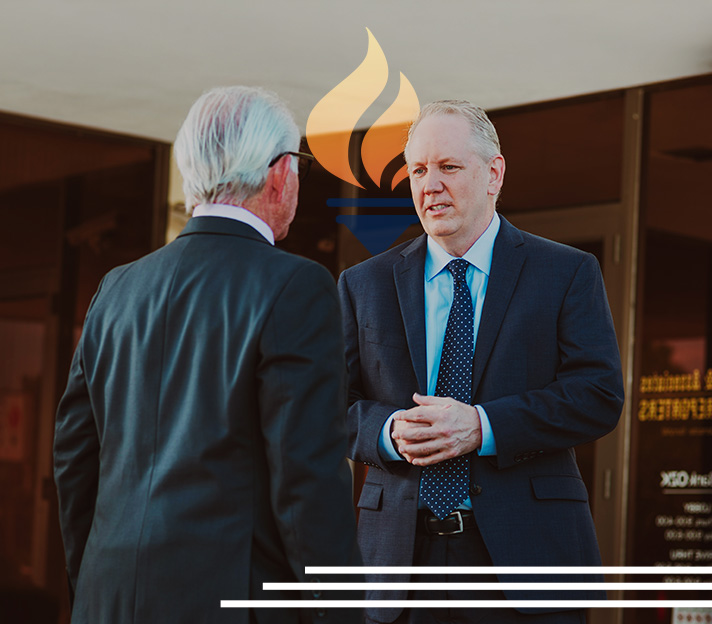

We’ve been proudly serving Clearwater, St. Petersburg, and the Tampa Bay area for generations. As the first personal injury law firm in Clearwater, our dedicated legal team brings over 300 years of combined experience to each and every case. If you’ve been injured and need support, please reach outtoday for a free consultation, we are here to help you.
